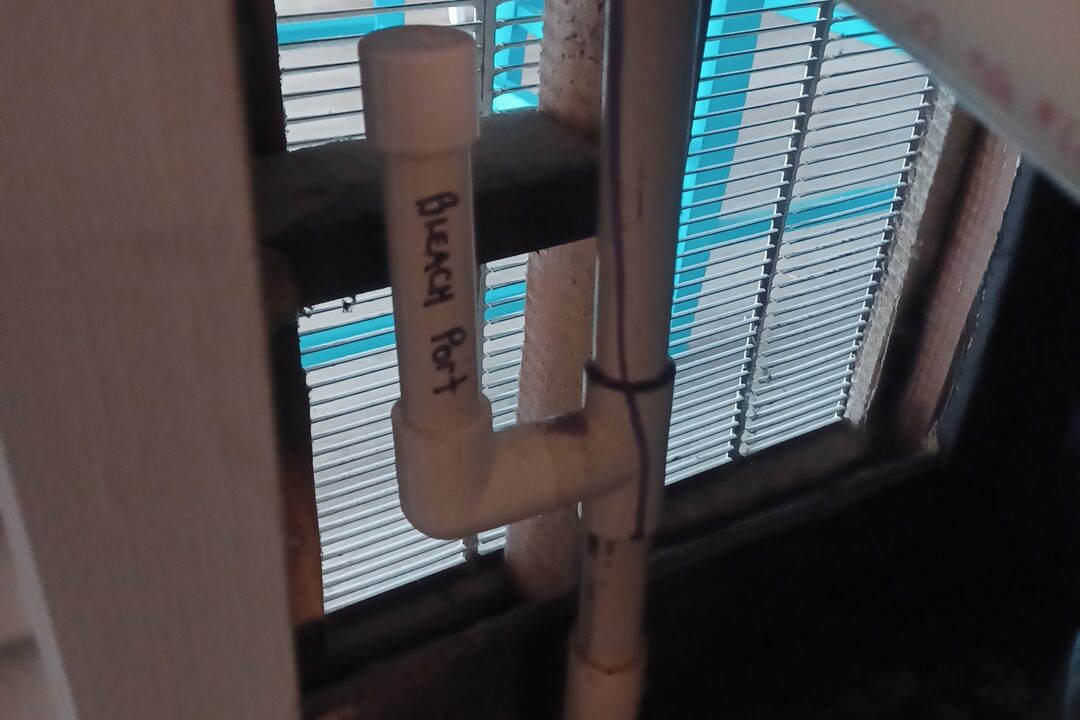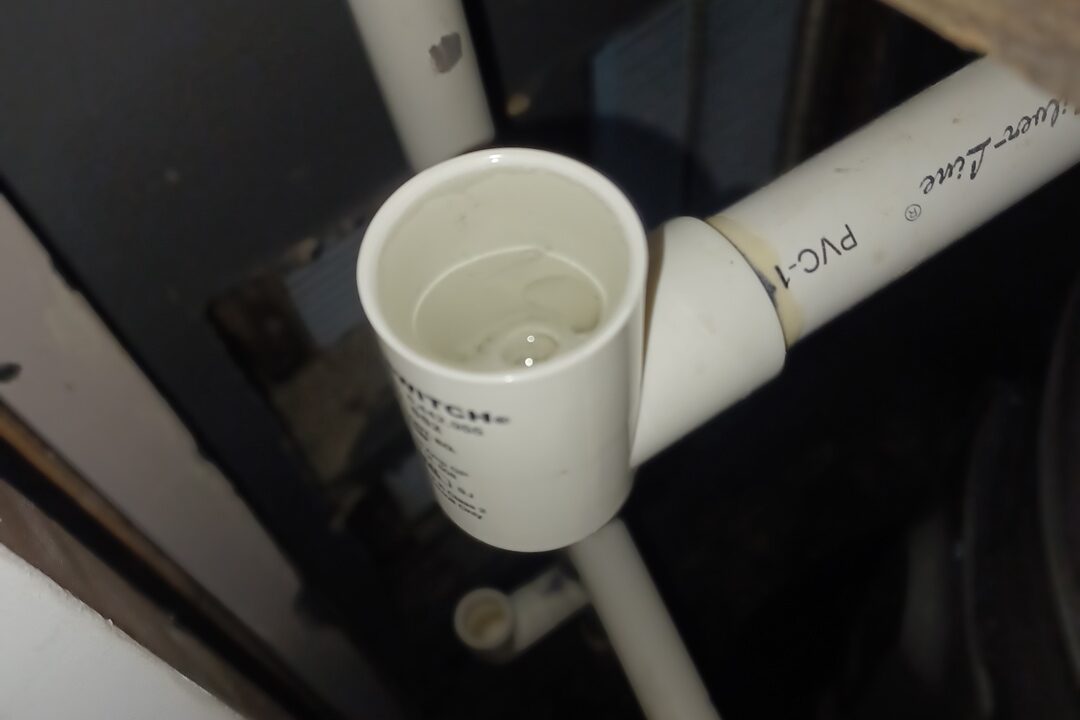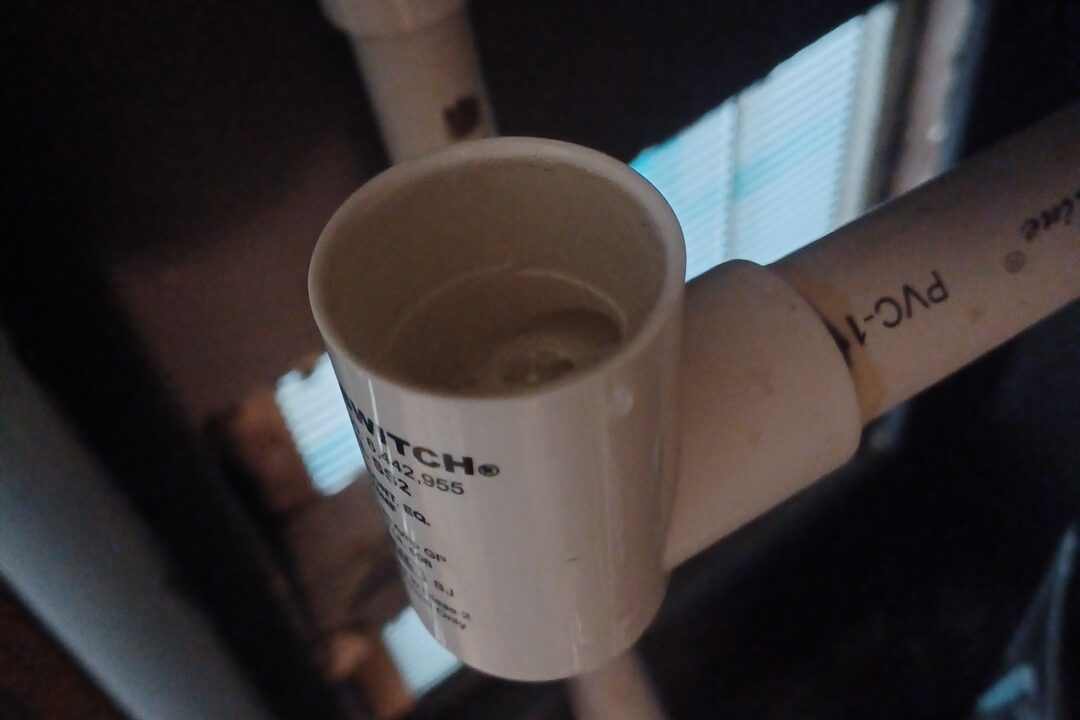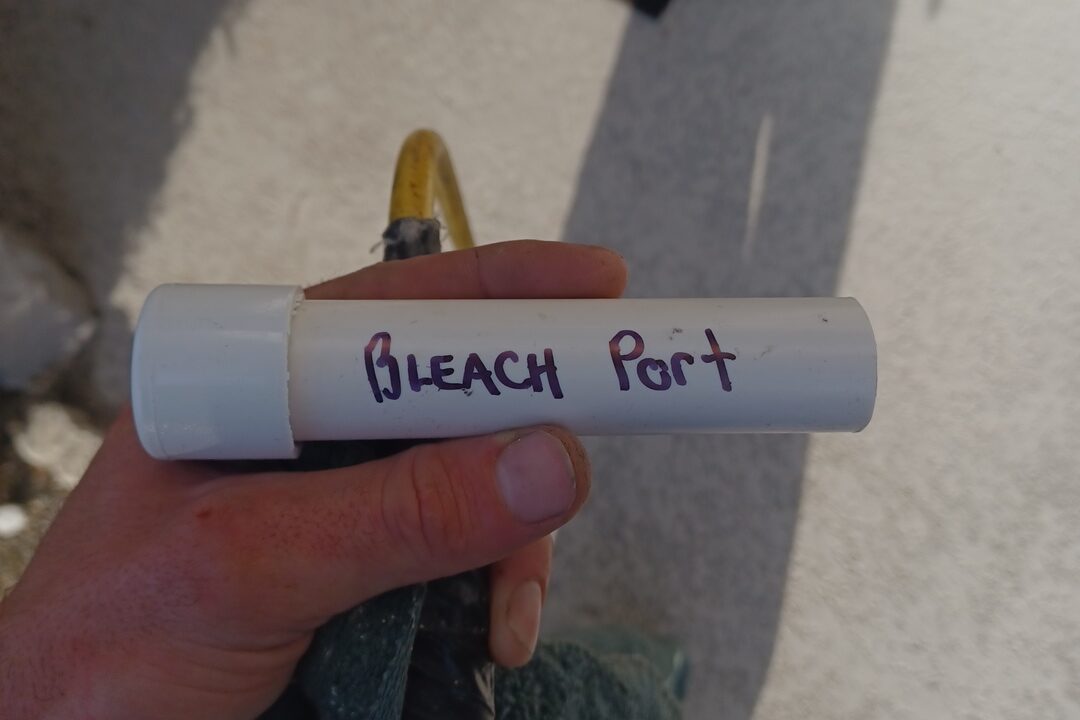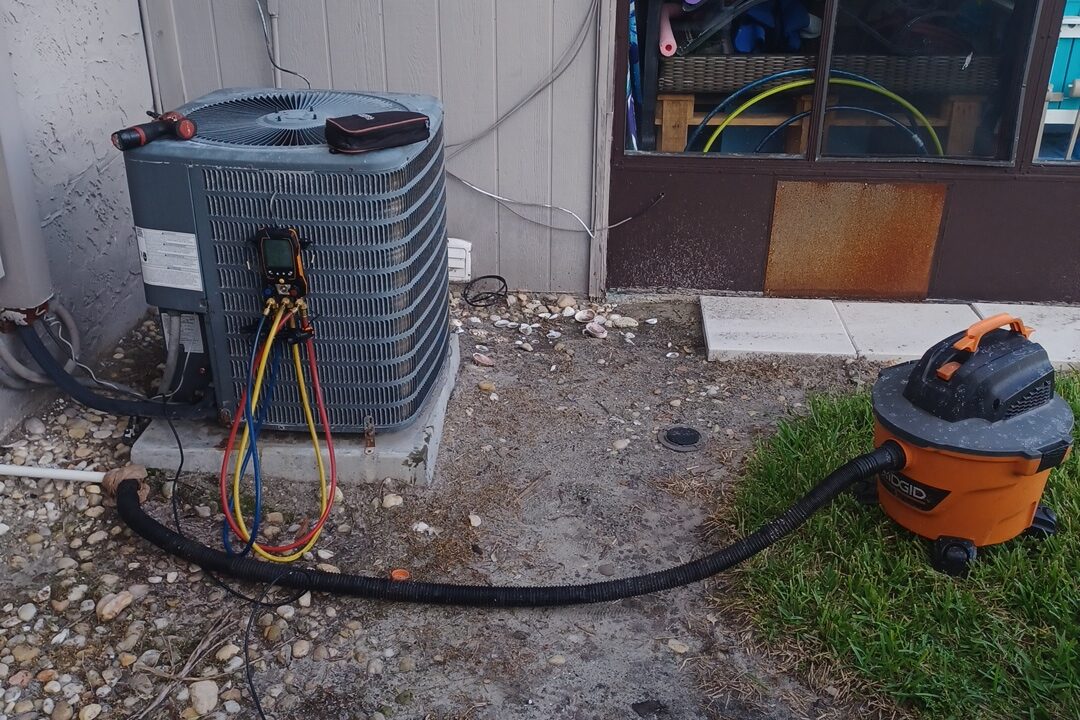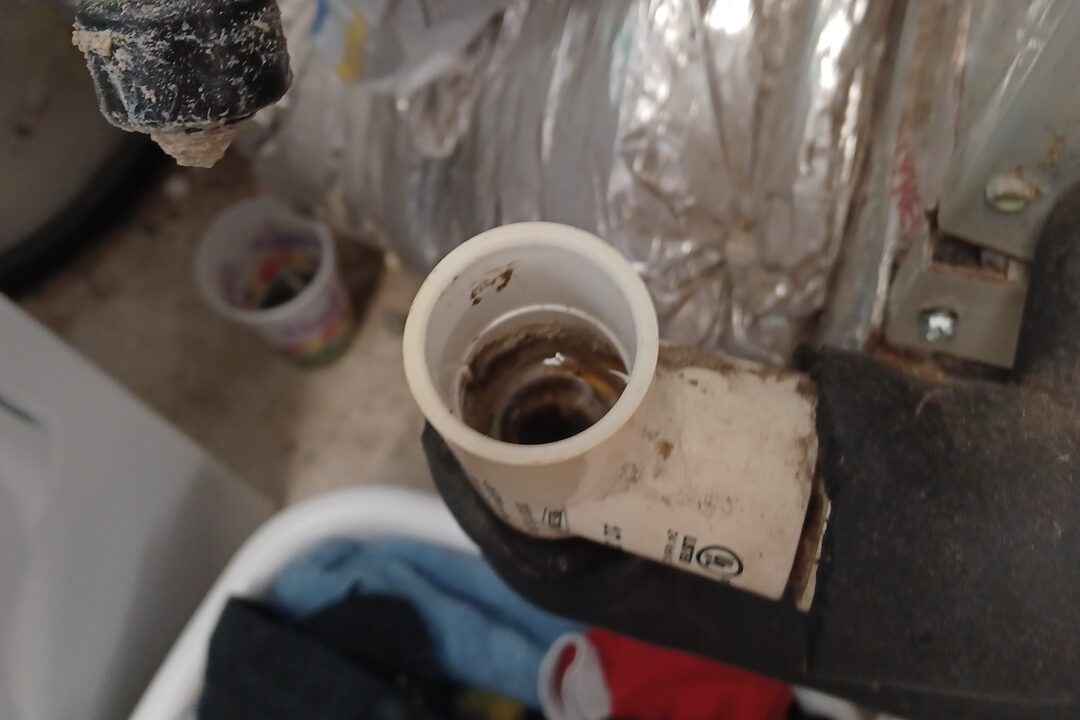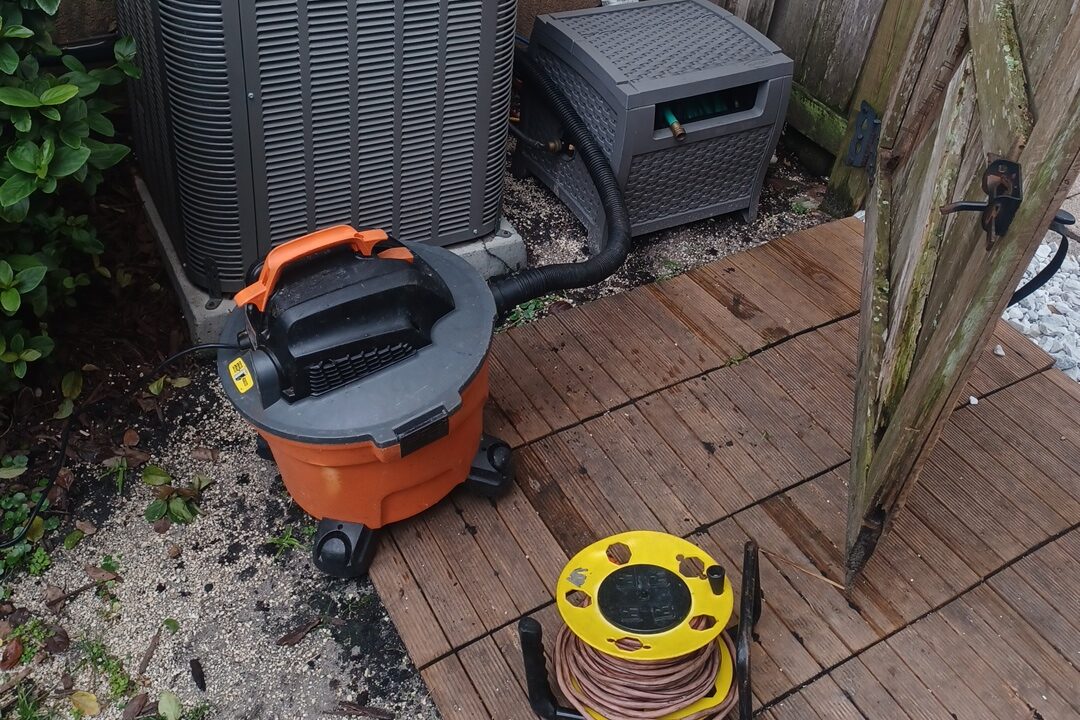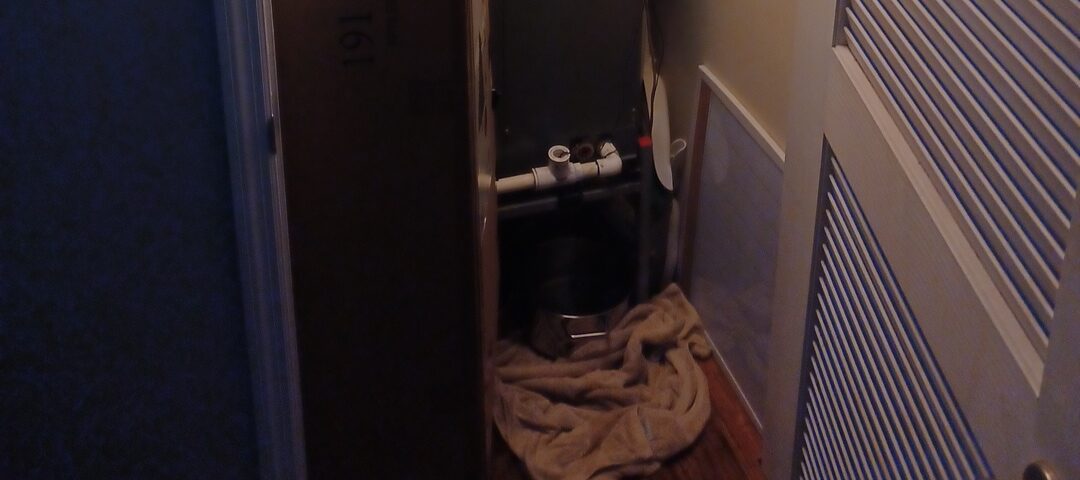
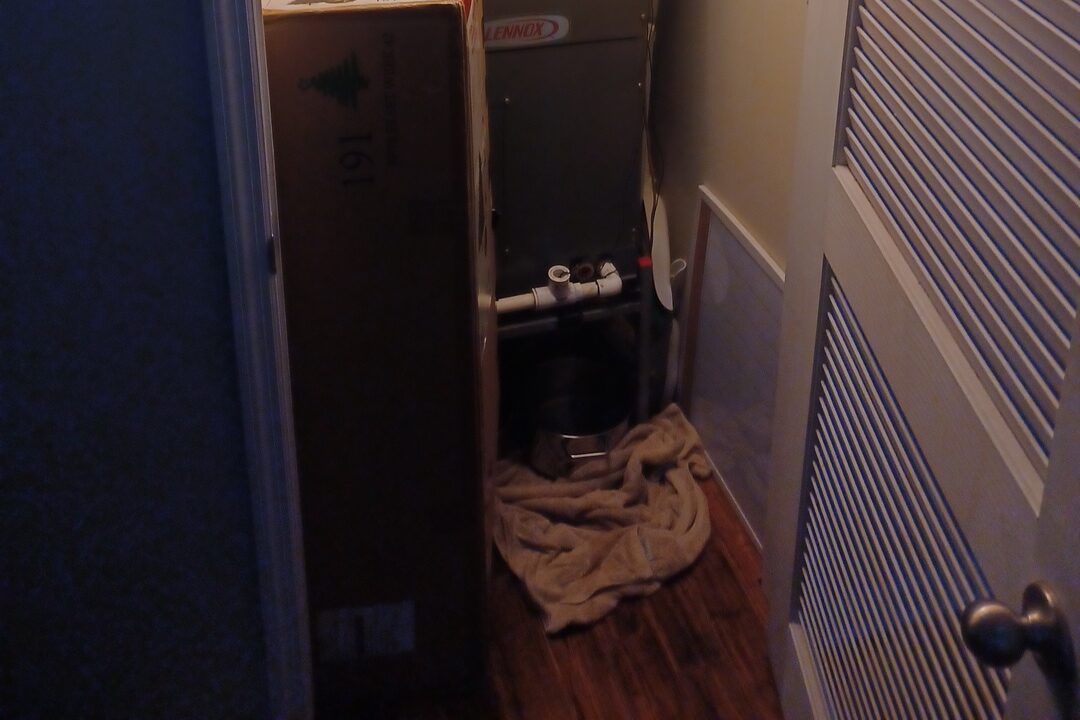
HVAC (Heating, Ventilation, and Air Conditioning) systems are essential for maintaining comfortable indoor environments. However, like any complex machinery, HVAC systems are prone to issues, and one common problem that many people face is a condensate drain leak. Understanding why this occurs can help homeowners and businesses address the issue promptly and effectively.
What is a Condensate Drain?
In an HVAC system, air is cooled by passing over cold evaporator coils. As warm air meets these coils, moisture in the air condenses into water droplets, similar to how water droplets form on the outside of a cold glass on a hot day. This collected water needs to be drained away, which is where the condensate drain comes into play.
Why Does Condensate Drain Leak Occur?
- Clogs: Over time, the condensate drain line can become clogged with dirt, dust, algae, or other debris. This accumulation blocks the flow of water, causing it to back up and eventually leak.
- Cracks or Holes: The drain line itself can develop cracks or holes due to age, corrosion, or physical damage. These openings allow water to escape, leading to leaks.
- Improper Installation: If the HVAC system was not installed correctly, it might cause issues with the condensate drain. Improper slopes or fittings can result in poor drainage and leaks.
- Frozen Evaporator Coils: If the evaporator coils freeze due to a refrigerant leak or inadequate airflow, they can create an excess of condensate when they thaw, overwhelming the drain line and causing leaks.
- High Humidity Levels: In regions with consistently high humidity, HVAC systems have to work harder to remove moisture from the air. This increased condensation can overload the drain line, leading to leaks.
Prevention and Solutions
- Regular Maintenance: Schedule regular HVAC maintenance to ensure that the system, including the condensate drain, is clean and functioning correctly. This can prevent clogs and other issues before they cause leaks.
- Proper Installation: Ensure that your HVAC system is installed by a qualified professional who understands the importance of correct drainage angles and fittings.
- Condensate Drain Cleaning: Periodically clean the condensate drain line to remove any accumulated debris. This simple task can prevent clogs and subsequent leaks.
- Monitoring Humidity Levels: If you live in a high-humidity area, consider using a dehumidifier alongside your HVAC system. This can reduce the workload on your HVAC unit and minimize condensate production.
- Prompt Repairs: If you notice water pooling around your HVAC unit, it's crucial to address the issue promptly. Ignoring a condensate drain leak can lead to water damage, mold growth, and further complications within your HVAC system.
Understanding the reasons behind condensate drain leaks in HVAC systems is the first step towards prevention.
Regular maintenance, proper AC installation, and vigilance are key to ensuring that your HVAC system operates efficiently and leak-free, maintaining a comfortable environment within your home or business.

